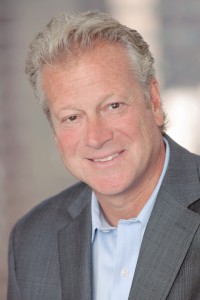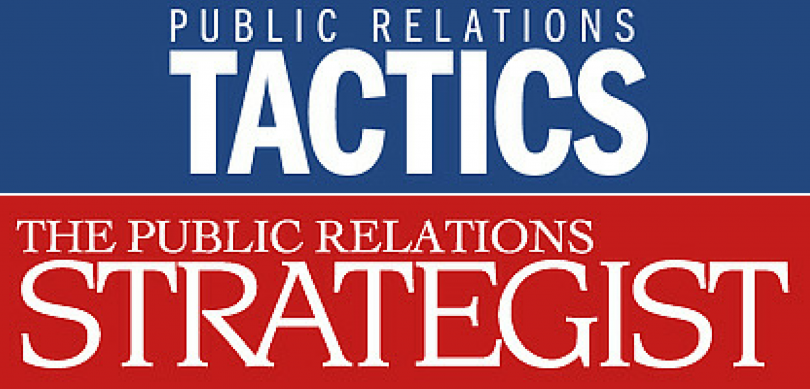Executive leaders often have the reputation of being simply a figurehead to the average employee. But Weber Shandwick CEO Andy Polansky makes a point to be visible, transparent and authentic, which has earned him respect from both colleagues and clients.
For a leader, what’s more important, being respected or being liked?
 I certainly think it’s possible to be both respected and liked. They’re not mutually exclusive qualities.
I certainly think it’s possible to be both respected and liked. They’re not mutually exclusive qualities.
When you’re leading a complex professional services firm, with talent who live in different parts of the world and cultures and who perform a variety of different roles in the enterprise, people are looking to their leaders for a unifying vision and a collaborative spirit that connects people to the organization and to their clients. That’s what holds the company together.
If you get that right, you gain a lot of respect from people you work with, from your clients, and frankly, from people across the profession. I think that respect is something that’s earned, and it’s a two-way street: I can’t expect respect if I’m not respectful to people with whom I work.
It’s about listening a lot to what’s on people’s minds, and letting that inform your point of view.
You’ve earned a reputation for being well-liked across multiple levels, inside and outside Weber Shandwick. To what do you attribute that?
Whether you work for a PR firm or a diversified industrial company, people want to know their CEO; they want a clear articulation of what’s important to the company, how it operates with social purpose around the world.
We live in the era of the social CEO. It’s about transparency and authenticity, and I think those things very much apply to how one leads a company, one’s transparency and how one engages with people across the company. When you have a profile on social media, your people can get a sense of you, and that allows you to create relationships.
My two key responsibilities are always one: to do the best for my people and two: look out for our clients, come up with great ideas and advocate effectively for them.
When you do that, you create relationships, and you feel like you’re in the trenches with them. I’ve created strong relationships with many clients, and many of them have stayed with Weber Shandwick for many years.
How do you keep the balance between the two?
I don’t look at it as an “either or.” You must be honest and open with everyone about what you’re thinking and feeling. I don’t think you can rely on the fact you have a strong relationship with someone, at the expense of making sure you’re being straightforward and clear about what an issue or a priority might be. If you’re respectful and have open dialogue, it shouldn’t be an either or proposition.
What’s the most important thing managers and others leaders-in-training can do to become more effective when they are promoted into leadership positions?
Stay close to the client and stay close to the work you’re doing, especially in today’s environment where the media landscape has evolved so rapidly. Stay very much attuned to that evolution.
The most important thing, and perhaps the hardest transition, is they grow up in the business as great account management, but leadership takes a completely different set of skills. The path to the success that they might have had might be very different than the path of others on the team they’re now leading.
You must always be open-minded. Spend a disproportionate amount of time listening to your colleagues, regardless of their position in the organization. It should be a meritocracy: how you evaluate people [and] how you promote them should be based on their abilities, and have nothing to do with how you succeeded in your own progression.
Ken Jacobs is the principal of Jacobs Communications Consulting, which among other services, helps PR and communications agencies develop their leaders, via training, consulting and coaching. Find him at: www.jacobscomm.com or @KensViews.







